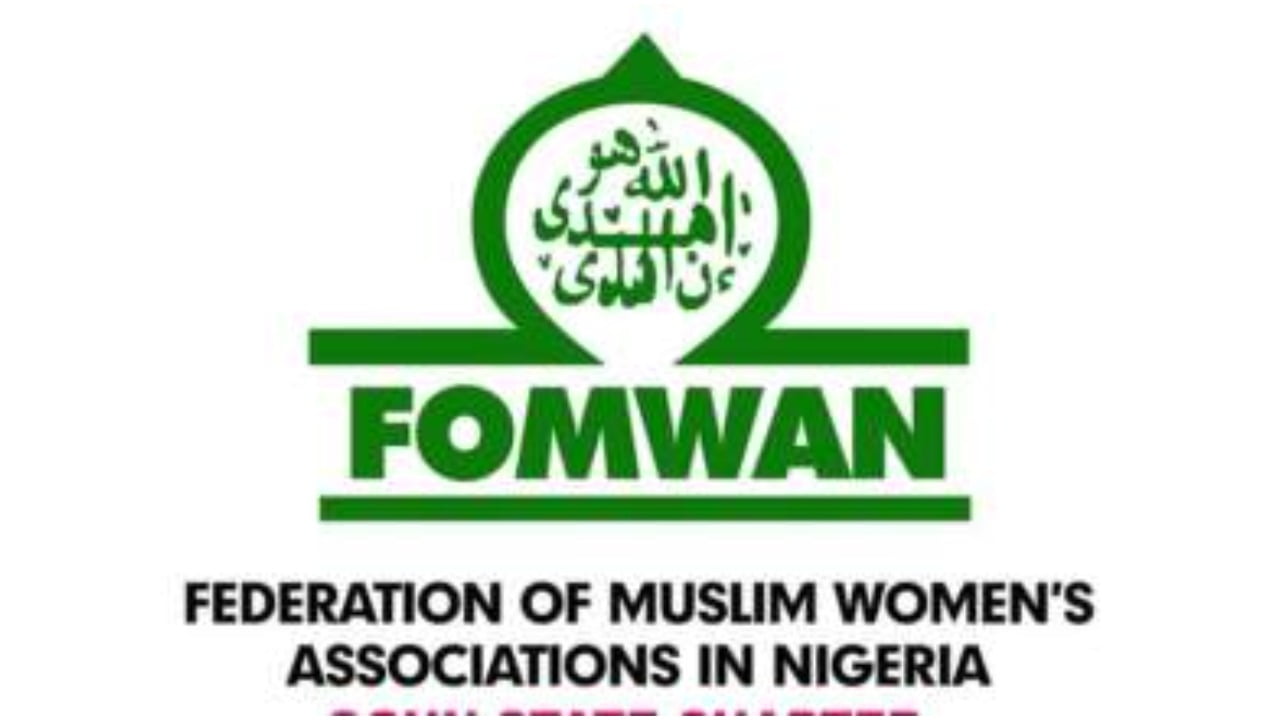The Federation of Muslim Women’s Association in Nigeria (FOMWAN) has called on Nigerian parents and guardians to ensure that female children receive the same quality of education and skills training as their male counterparts, stressing that bridging the gender gap in education is vital for the development of the nation.
Speaking during a recent sensitization programme held in Abuja, the National President of FOMWAN, Hajiya Rafiah Idowu Sanni, emphasized the urgent need to dismantle cultural and societal barriers that continue to deny girls equal opportunities. She maintained that the future of Nigeria cannot be truly secure if half of its population—women and girls—remain undereducated and underutilized.
“Our girls deserve the same training, mentorship, and exposure given to boys. When you educate a girl, you educate a nation. The ripple effect of training a girl child is enormous—it affects family health, economic stability, and national progress,” she said.
FOMWAN, known for its consistent advocacy for women’s rights and girl-child education in Nigeria since its establishment in 1985, warned that continued negligence towards the educational needs of girls is detrimental not just to the individuals involved, but to society at large. According to data from UNICEF, over 10.5 million Nigerian children are out of school, and a significant percentage of them are girls, particularly in Northern Nigeria, where socio-cultural norms and economic challenges often prevent girls from accessing quality education.
The organization urged parents to shift from outdated gender stereotypes and embrace a more progressive and inclusive approach to child development. Hajiya Sanni also noted that FOMWAN has continued to provide scholarship opportunities, vocational training, and community awareness campaigns across various states to promote the importance of educating the girl child.
In many communities, young girls are still subjected to early marriage, domestic responsibilities, and denied the chance to complete basic education. FOMWAN believes these challenges can be addressed through sustained community engagement, supportive policy implementation, and family-level reorientation.
She added, “No nation can rise above the quality of its human capital. If we want a prosperous and peaceful Nigeria, we must invest equally in all our children—regardless of gender. Girls must be seen as assets, not burdens.”
FOMWAN called on stakeholders—including religious leaders, traditional rulers, civil society groups, and government agencies—to collaborate in reinforcing messages that encourage girl-child education, skill acquisition, and empowerment. The association reiterated that beyond classroom education, girls should also be equipped with 21st-century skills in digital literacy, entrepreneurship, and leadership to compete globally.
As Nigeria continues to pursue the goals of the Sustainable Development Agenda, particularly Goal 4 (Quality Education) and Goal 5 (Gender Equality), the role of inclusive education policies cannot be overemphasized. FOMWAN concluded by reaffirming its commitment to creating a just and equitable society where every child, regardless of gender, has the right tools to thrive.
This clarion call from FOMWAN comes at a time when education advocates across the country are amplifying efforts to reduce the gender disparity in Nigeria’s educational system.

